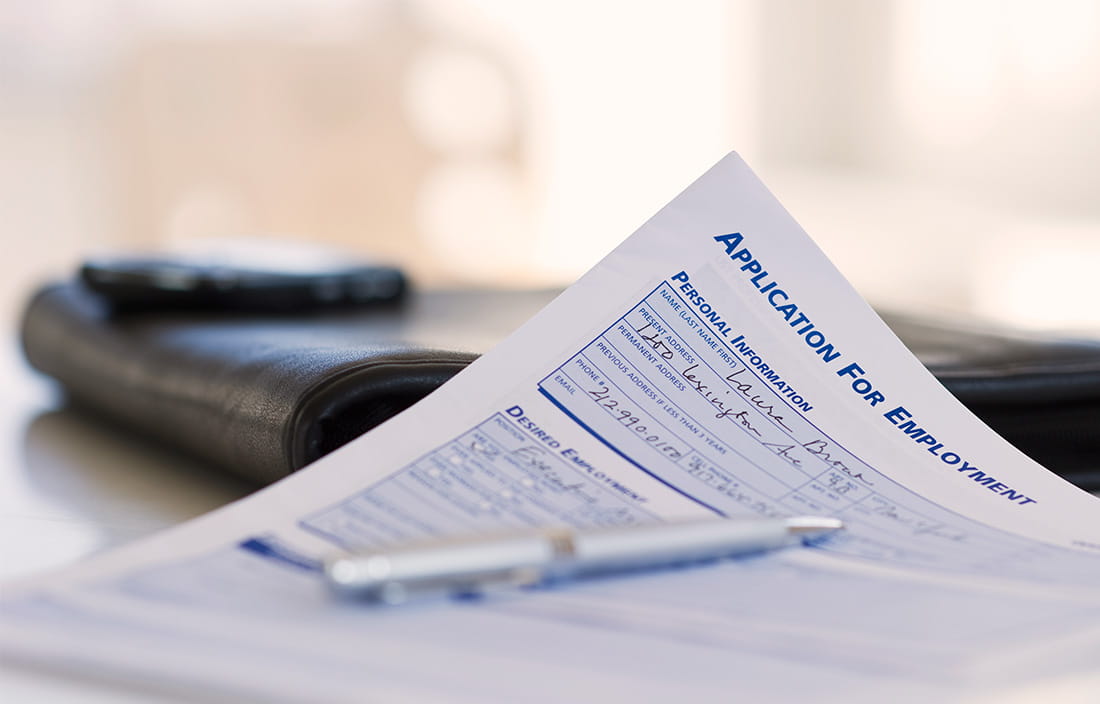State & local tax alert: New rules may require filing of Tennessee Business Tax
Background
The Tennessee Business Tax (“TBT”) is a state-level gross receipts tax imposed on the vast majority ofreceipts earned in Tennessee, including sales of goods shipped to a Tennessee location and providingservices to Tennessee customers. Many Tennessee cities and counties also impose additional localbusiness taxes for taxpayers with locations in Tennessee.
The business tax rate that Tennessee applies to a particular business is determined based on thestatutory classification of the “dominant business activity” performed at each location. Business locationsoutside of Tennessee are combined and treated as a single location for purposes of establishing thedominant business activity. Businesses are segregated into 10 classifications with tax rates ranging fromone fiftieth of one percent (0.02%) to three tenths of one percent (0.3%). Note that retailers are oftensubject to a higher rate compared to wholesalers.
A number of businesses are exempt, such as certain manufacturers who pay Tennessee property taxes.Various deductions are available, including, among others, for merchandise returns, bad debts andpayments to licensed subcontractors. Credits for certain personal property taxes may also reduce TBTliability.February 2017taxalerts.plantemoran.com2
TBT is reported and remitted on an annual basis by the 15th day of the fourth month after the closeof the business’ fiscal year. For 2016, calendar year taxpayers must file a return and remit tax byApril 15, 2017.
What changed?
For tax years beginning on or after Jan. 1, 2016, Tennessee expanded the meaning of substantialnexus for imposition of the TBT to include meeting certain thresholds of Tennessee receipts,property, or payroll. The receipts threshold, met whenever a business either has more than$500,000 in Tennessee sales or 25 percent of its total receipts from Tennessee sales during thetax period, is the most likely factor to be applicable.
While not new, physical presence in Tennessee will also create TBT nexus. Physical presencecan be through owning or leasing property in Tennessee, and from employees or independentcontractors working in the state. For example, soliciting sales from customers during in-personmeetings in Tennessee will generally create nexus.
What should I do about it?
Businesses should evaluate whether they are subject to the TBT under the new nexus rules for2016 even if there hasn’t been any significant change in activities or the revenues generated inthe state. If a tax filing obligation is found to exist, care should be taken to determine the dominantbusiness activity and, consequently, the applicable tax rate, as well as identify and maximizeapplicable deductions, exemptions and credits. Should a filing obligation be discovered for yearsbefore 2016, the tax due might be mitigated through participation in the Tennessee voluntarydisclosure program.
For additional information or for assistance determining if TBT applies to your business, pleasecontact your Plante Moran tax advisor.





